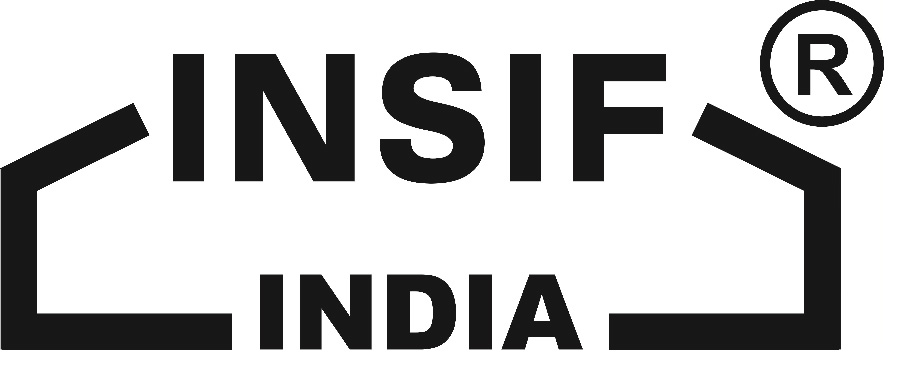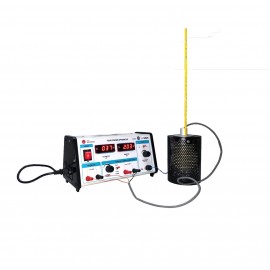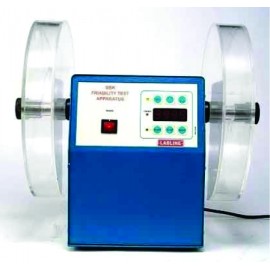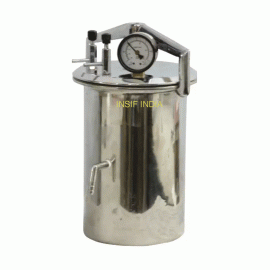Four Probe Method
- Agriculture & Farming Lab
- Biology
- Chemistry
- Civil & Survey
- HEATING INSTRUMENTS
- Laboratory Equipments
- Laboratory Glassware
- Laboratory Plasticware
- Laboratory Plasticware
- Mathematics Kit
-
Mechanical Lab
- Actual Cut Section Working Models
- Applied Mechanics
- Different Type of Clutches of Automobile
- Different Types of Boilers
- Different Types of Boilers
- Different Types of Boilers
- Electrical Equipment Boards of Automobile
- Engine Test Rigs
- Fluid Mechanics Lab
- Heat Transfer Lab
- Hydraulics Machine Lab
- Refrigeration & Air Conditioning Lab
- Theory Of Machine Lab
- Tool Dynamometers
- Microscope
- Pankaj Test
- Pharmacy Lab Equipment's
-
Physics
- Balances
- Bi-prism and Nodal Slides
- Bridges
- Bsc Lab Experiments
- Cells , Battery & Keys
- Electronic Model
-
Experiments Of Electronics
- ADVANCE COMMUNICATION LAB
- AMPLIFIER TRAINER
- Basic Communication Lab
- Characteristics Trainer Kits
- Control Lab Trainers
- Digital Lab Trainer Kits
- E/M Trainers
- INSTRUMENTATION LAB TRAINER
- MICROCONTROLLER LAB
- Microwave Lab Trainers
- MULTIVIBRATOR TRAINERS IC-555
- Network Theorem Trainers
- Operational Amplifier Trainers
- OSCILLATOR TRAINERS
- Oscilloscopes CRO's & Function Generators
- PCB Lab Equipment's
- Physics & Material Science Lab
- Experiments Of Heat
- Experiments Of Light
- Experiments Of Matter
- Experiments Of Sound
- Galvanometers
- Heat
- Laser Experiments
- Lenses, Mirror, Prism,And Magnet
- Liquid
- Measurement Tools & Equipment’s
- Michelson Interferometer
- Models
- Msc Lab Experiments
- Multimeters
- Optics
- Physics & Material Science Lab Experiments
- Physics based Project
- Polaroide
- Potentiometer Meter Bridge Inclined
- Power Supplies
- Resistance Box ,P.O. Box,Inductance box & Capacitance Box
- SCIENCE ACTIVITY KITS
- Sound
- Telescope
- Thermometer Stop Watch
- Travelling Microscopes
- Ultrasonic Interferometer
- WEIGHT & WIRES
- Wind Mill And Engine Model
- Welding Machine
Your enquiry cart is empty!
Product Description
Objective:
* Resistivity of Semiconductors by Four Probe Method at Different Temperatures
* Determination of the Band-gap
The Four Probe Method is one of the standard and most widely used method for the measurement of resistivity of semiconductors.
In this arrangement the contact resistance may all be high compare to the sample resistance, but as long as the resistance of the sample and contact resistances are small compared with the effective resistance of the voltage measuring device (potentiometer, electrometer or electronic voltmeter ),the measured value will remain unaffected. Because of pressure contacts, the arrangement is also specially useful for quick measurement on different samples or sampling different parts of the same sample.
The Setup Consists of:-
1. Probes Arrangement
It has four individually spring loaded probes. The probes are collinear and equally spaced. The probes are mounted in a teflon bush, which ensure a good electrical insulation between the probes.The whole –arrangement is mounted on a suitable stand and leads are provided for the voltage measurement.
2. Sample: Germanium crystal in the form of a chip
3. Oven: It is a small oven for the variation of temperature of the crystal from the room temperature.
4. Digital Voltmeter
In this unit, intersil 3½ digit single chip A/D Converter ICL 7107 has been used.
5. Constant Current Generator
It is an IC regulated current generator to provide a constant current to the outer probes irrespective of the changing resistance of the sample due to change in temperatures. The basic scheme is to use the feedback principle to limit the load current of the supply to preset maximum value. Variations in the current are achieved by a potentiometer included for that purpose.
6. Oven Power Supply
Suitable voltage for the oven is obtained through a step down transformer with a provision for low and high rates of heating.








